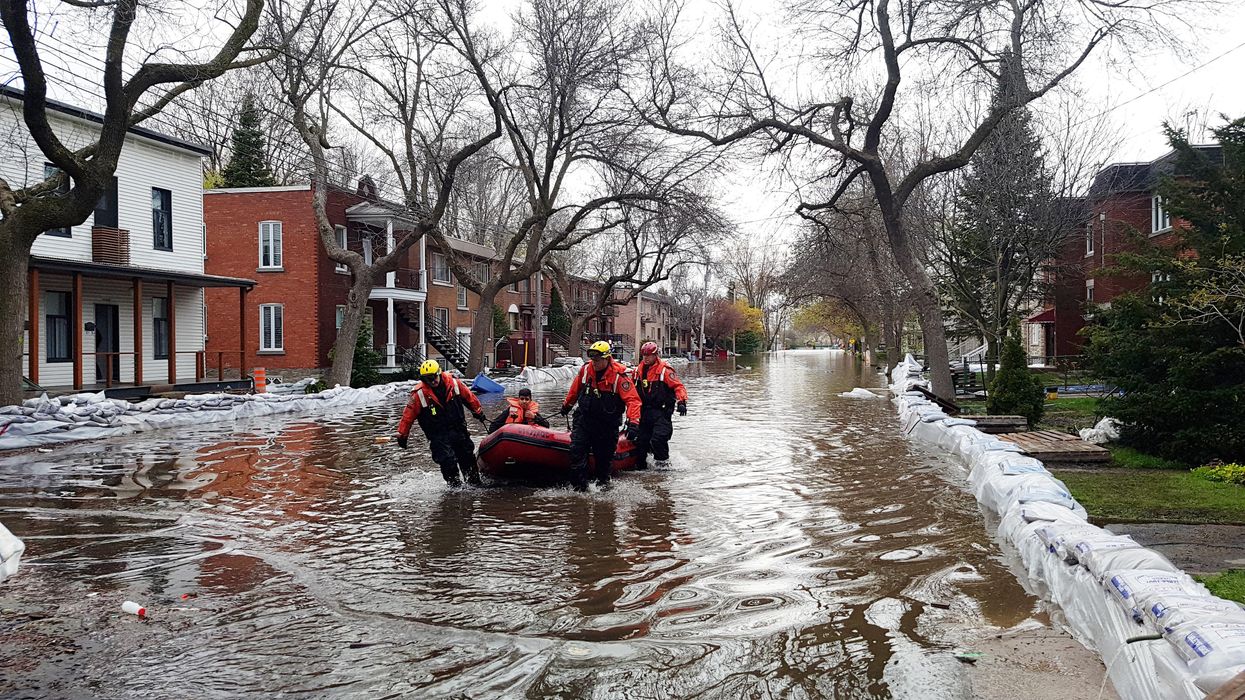Climate Change Could Impact So Many Canadians Who Are 'Unaware' That They're At Risk
A report said almost 1 million buildings in Canada could be at risk for "major damage" from flooding.
When it comes to climate change in Canada, it turns out that plenty of people in the country might not even know they could be majorly impacted by what's to come, a report says.
According to a report by the Canadian Institute for Climate Choices on the costs that climate change could have on Canada's infrastructure, many people are "largely unaware" of how the effects of climate change on things like buildings, roads and power supplies in Canada will impact them.
The report found that Canada has an information deficit for flood risks because there is no federal program that maps flood hazards nationally. Government flood maps that do exist are typically limited to flooding along coasts and beside rivers (fluvial flooding) but rarely account for pluvial flooding, the local flash flooding of streets and sewers in urban areas that can cause "major damage."
The Canadian Institute for Climate Choices said that around 650,000 buildings in Canada are currently at risk of fluvial flooding and about 325,000 buildings are at risk of pluvial flooding from a one-in-100-year or smaller event.
Kent Moore, a professor of atmospheric physics at the University of Toronto Mississauga, told Narcity recently that basement apartments could become "less livable" in Toronto because of climate change and that flooding will become "more common" in certain areas of the city.
Earlier this year, a study said that northern Canada could be a "lifeboat" for humanity in the future if global temperatures rise and society collapses because it could stay habitable after not experiencing the greatest impacts of societal collapse.
